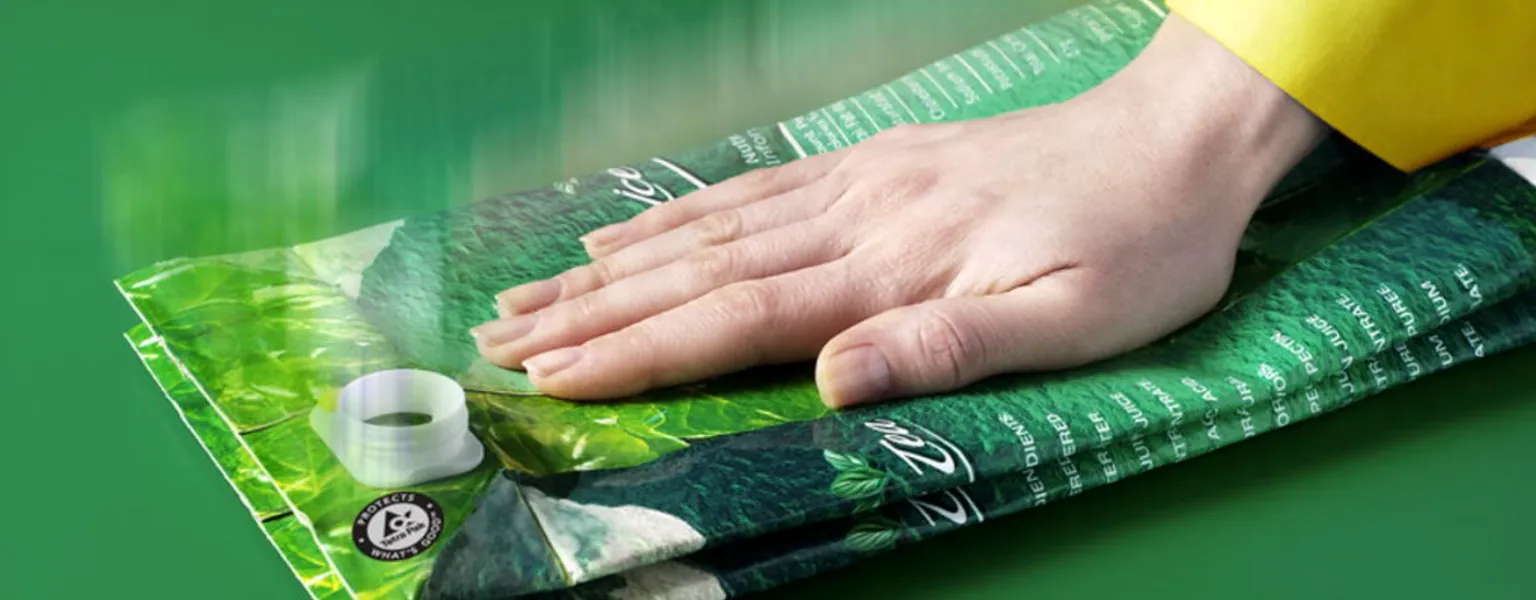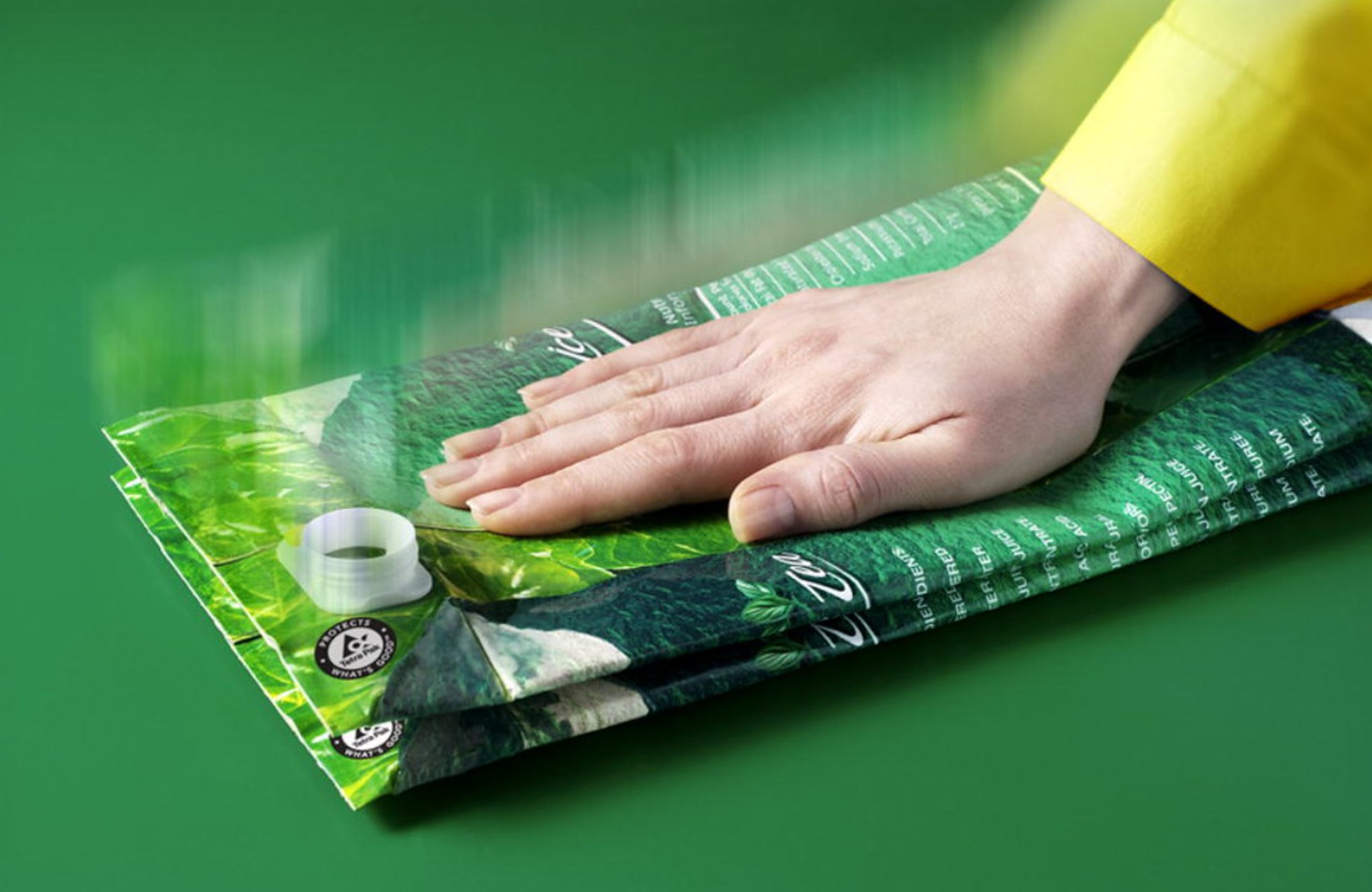European carton industry achieves 24% reduction in carbon footprint

Sustainability
Pro Carton, the European association for carton and cartonboard manufacturers, has released new, authoritative research demonstrating that the European carton and cartonboard industry has achieved a 24% reduction in its carbon footprint since 2018.
The study, called "The Carbon Footprint of Carton Packaging 2023," was conducted by RISE (Research Institutes of Sweden) Bioeconomy and Health Unit for Pro Carton, and tracked both the cradle-to-grave and cradle-to-gate carbon impact of cartonboard from January to December 2021. The research shows that carton packaging is not only in line with the principles of a bio-based and circular economy, but also has a critical role to play in the transition to a low carbon economy.
The newly measured European industry average carbon footprint of cartons is now at 249 kgCO2e cradle-to-grave and 148 kgCO2e cradle-to-gate per tonne of cartons. Fossil greenhouse gas (GHG) emissions arise from non-renewable sources, while biogenic emissions result from the combustion of biofuels and the degradation of bio-based products. Biogenic removals refer to CO2 uptake from the atmosphere through photosynthesis during biomass growth, such as in forest management as a source for paper fibre.
The reduction in the cradle-to-grave carbon footprint to 249kg C02 and the cradle-to-gate carbon impact of 148kg C02 equivalents per tonne of cartons was achieved by improving resource efficiency during the converting process, as well as significant investments in energy efficiency and renewable energy sources at the cartonboard mills and converting operations since carbon emissions were last measured in 2018. The cradle-to-gate calculation is particularly significant because it corresponds to the impact the industry has direct control over until the product leaves the converting plants.

These findings are of great importance as they highlight the circularity leadership of cartonboard, supported by scientific research, which is particularly important for cartonboard and folding carton producers, as well as the brands and retailers they supply, as consumers increasingly prioritize the sustainability of the products they purchase.
Horst Bittermann, Director General, Pro Carton said that the results are also important in helping the industry to benchmark itself: "Our members can compare their own data against industry averages and evaluate how their tremendous efforts to further improve energy efficiency, to use renewable energy sources and to upgrade internal processes to the latest state-of-the-art, have paid off. The cradle-to- gate value of 148 kgCO2 is a substantial improvement on our way to a low or even carbon neutral, bio- based economy and reflects process improvements and the investments taken by the industry."
Related News
-
Sustainability
Tesco switches to recyclable cardboard packaging for laundry detergent pods
-
Sustainability
Europe: ACE calls for 90% mandatory collection target
-
Sustainability
Jägermeister switches to corrugated board for its shipping boxes
-
Supplier News
Anti-slip corrugated board: everything you need to know




